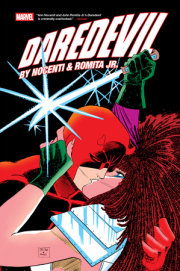Writer/editor Stan Lee (1922-2018) made comic-book history together with Jack Kirby in 1961 with Fantastic Four #1. The monumental popularity of its new style inspired Lee to develop similarly themed characters — including the Hulk and X-Men with Kirby, Spider-Man and Doctor Strange with Steve Ditko, and Daredevil with Bill Everett. After shepherding his creations through dozens of issues — in some cases a hundred or more — Lee allowed other writers to take over, but he maintained steady editorial control. Eventually, he helped expand Marvel into a multimedia empire. In recent years, his frequent cameo appearances in Marvel’s films established Lee as one of the world’s most famous faces.
With a writing resume stretching across the romance, sword-and-sorcery, and Western genres, Denny O’Neil wrote four years of Iron Man — including some of the title’s most sweeping changes. His additional Marvel work includes runs on Amazing Spider-Man, Daredevil and Power Man and Iron Fist, as well as the one-shot X-Men: Heroes for Hope. At DC, his groundbreaking Green Lantern/Green Arrow run earned him four Shazam Awards. He also wrote and often revamped such mainstays as Batman (where he co-created Ra’s al Ghul), Flash, Superman and Wonder Woman, as well as adaptations of classic pulp heroes Doc Savage, Justice, Inc. and The Shadow. During the 1980s, he oversaw the groundbreaking death of Robin (Jason Todd). He has written multiple Batman graphic novels and novelizations, as well as The DC Comics Guide to Writing Comics.
Jim Lawrence is the longtime writer of the British James Bond comic strip. He penned Bond’s adventures from 1966 until the strip’s finale in 1984 — starting with film and novel adaptations, and going on to write more than 30 all-new Bond tales. Lawrence also wrote a short Strange Tales run introducing Defenders foe Yandroth, and co-plotted and scripted Captain Britain’s Super Spider-Man series for Marvel UK. Titan has collected Lawrence’s classic Bond strips, making them available for the first time in decades.
An unparalleled talent, Bill Everett created Prince Namor, the Sub-Mariner, comics’ original anti-hero, whose ongoing adventures set the bar for sophisticated comic-book serials. Equally as skilled at illustrating horror and war comics, Everett continued as one of Timely’s top artists until 1957. Once the Marvel Age kicked off, Stan Lee brought Everett back into the fold to co-create Daredevil and return once more to his signature creation, the Sub-Mariner.
During the 1960s, when males dominated the industry, Marie Severin earned the respect of her peers with her seemingly limitless talents in every facet of comic-book production — from penciling to inking to lettering to coloring. Her earliest recorded work was for EC Comics in 1949, and she went on to contribute coloring across the famous publisher’s line before moving to Marvel’s predecessor Atlas Comics. In the Silver Age of comics, Severin made her mark in the Bullpen, drawing the adventures of Doctor Strange and becoming the company’s head colorist before going on to concentrate on penciling. Her extensive contribution to Marvel across a wide array of titles includes providing the original design for Spider-Woman. Severin was inducted into the Will Eisner Comics Hall of Fame in 2001.
Dan Adkins (1937-2013) worked on comic books and science-fiction magazines from an early age; as the Silver Age of comics dawned, he joined the Wally Wood Studio as Wood’s assistant, their collaborations including stories in such titles as Creepy and Eerie. Adkins arrived at Marvel in 1967 and worked primarily as an inker on an array of titles, including an extensive run on Conan the Barbarian. He also penciled the adventures of Doctor Strange, Ka-Zar and others. Also famed for his cover paintings, Adkins was inducted into the Joe Sinnott Hall of Fame in the Inkwell Awards of 2019.



![MIGHTY MARVEL MASTERWORKS: DOCTOR STRANGE VOL. 3 - CLEA MUST DIE ORIGINAL COVER [DM ONLY]](https://images.penguinrandomhouse.com/cover/9781302954390?width=180)

![MIGHTY MARVEL MASTERWORKS: DOCTOR STRANGE VOL. 2 - THE ETERNITY WAR [DM ONLY]](https://images.penguinrandomhouse.com/cover/9781302948887?width=180)
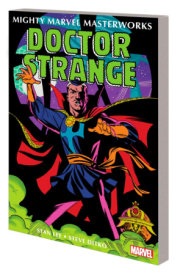
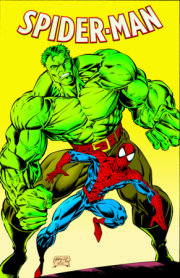
![AVENGERS WEST COAST EPIC COLLECTION: VISION QUEST [NEW PRINTING]](https://images.penguinrandomhouse.com/cover/9781302963910?width=180)
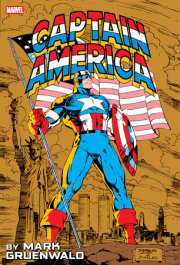
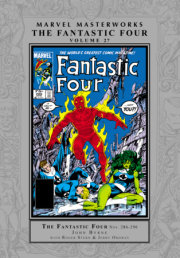
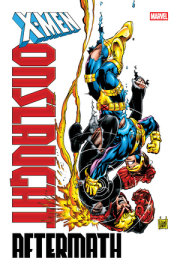
![MARVEL MASTERWORKS: THE SILVER SURFER VOL. 1 [REMASTERWORKS]](https://images.penguinrandomhouse.com/cover/9781302956042?width=180)
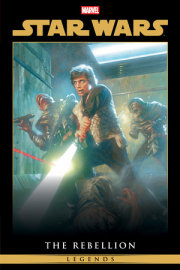
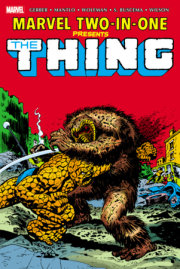

![THE FANTASTIC FOUR OMNIBUS VOL. 6 GEORGE PEREZ COVER [DM ONLY]](https://images.penguinrandomhouse.com/cover/9781302962340?width=180)

![WOLVERINE: SABRETOOTH WAR OMNIBUS GREG CAPULLO COVER [DM ONLY]](https://images.penguinrandomhouse.com/cover/9781302961411?width=180)
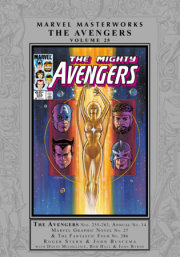
![MARVEL MASTERWORKS: THE AVENGERS VOL. 25 VARIANT [DM ONLY]](https://images.penguinrandomhouse.com/cover/9781302962326?width=180)
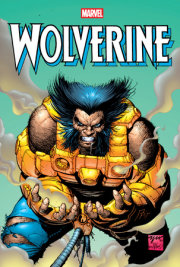
![WOLVERINE OMNIBUS VOL. 6 DAVID WINN COVER [DM ONLY]](https://images.penguinrandomhouse.com/cover/9781302964320?width=180)
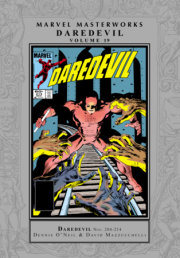
![MARVEL MASTERWORKS: DAREDEVIL VOL. 19 VARIANT [DM ONLY]](https://images.penguinrandomhouse.com/cover/9781302962302?width=180)
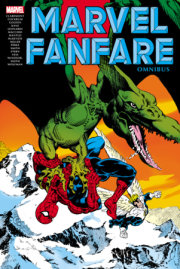
![MARVEL FANFARE OMNIBUS VOL. 1 FRANK MILLER COVER [DM ONLY]](https://images.penguinrandomhouse.com/cover/9781302962289?width=180)
![SILVER SURFER OMNIBUS VOL. 1 JOHN BUSCEMA FIRST ISSUE COVER [NEW PRINTING 2]](https://images.penguinrandomhouse.com/cover/9781302963583?width=180)
![SILVER SURFER OMNIBUS VOL. 1 JOHN BUSCEMA THOR COVER [NEW PRINTING 2, DM ONLY]](https://images.penguinrandomhouse.com/cover/9781302963590?width=180)
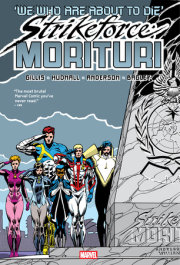

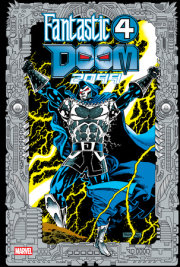
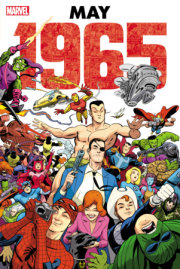
![MARVEL: MAY 1965 OMNIBUS JACK KIRBY COVER [DM ONLY]](https://images.penguinrandomhouse.com/cover/9781302962265?width=180)
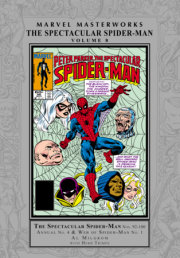
![MARVEL MASTERWORKS: THE SPECTACULAR SPIDER-MAN VOL. 8 VARIANT [DM ONLY]](https://images.penguinrandomhouse.com/cover/9781302962241?width=180)
![ANNIHILATION OMNIBUS ANDREA DI VITO COVER [NEW PRINTING 3, DM ONLY]](https://images.penguinrandomhouse.com/cover/9781302963569?width=180)
![ANNIHILATION OMNIBUS GABRIELE DELL'OTTO COVER [NEW PRINTING 3]](https://images.penguinrandomhouse.com/cover/9781302963576?width=180)
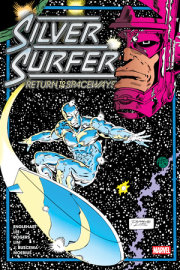
![SILVER SURFER: RETURN TO THE SPACEWAYS OMNIBUS JIM LEE COVER [DM ONLY]](https://images.penguinrandomhouse.com/cover/9781302964436?width=180)
![MARVEL MASTERWORKS: CAPTAIN AMERICA VOL. 1 [REMASTERWORKS]](https://images.penguinrandomhouse.com/cover/9781302956028?width=180)
![MARVEL MASTERWORKS: CAPTAIN AMERICA VOL. 1 VARIANT [REMASTERWORKS, DM ONLY]](https://images.penguinrandomhouse.com/cover/9781302956035?width=180)
![WOLVERINE BY JASON AARON OMNIBUS VOL. 1 DAVID FINCH COVER [NEW PRINTING]](https://images.penguinrandomhouse.com/cover/9781302961367?width=180)
![WOLVERINE BY JASON AARON OMNIBUS VOL. 1 ADAM KUBERT COVER [NEW PRINTING, DM ONLY ]](https://images.penguinrandomhouse.com/cover/9781302961374?width=180)
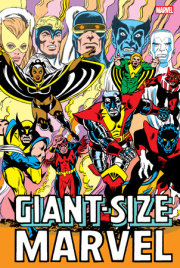
![GIANT-SIZE MARVEL OMNIBUS JOHN ROMITA SR. COVER [DM ONLY]](https://images.penguinrandomhouse.com/cover/9781302963897?width=180)
![GIANT-SIZE MARVEL OMNIBUS GIL KANE COVER [DM ONLY]](https://images.penguinrandomhouse.com/cover/9781302964580?width=180)
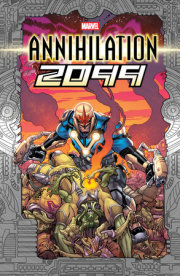
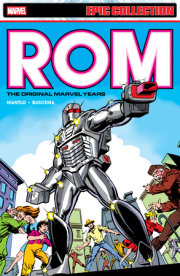
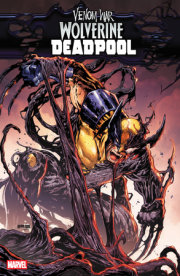
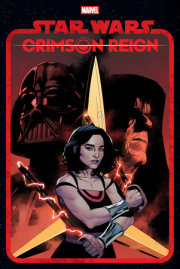
![STAR WARS: CRIMSON REIGN OMNIBUS ROD REIS COVER [DM ONLY]](https://images.penguinrandomhouse.com/cover/9781302961855?width=180)
![AMAZING SPIDER-MAN EPIC COLLECTION: VENOM [NEW PRINTING]](https://images.penguinrandomhouse.com/cover/9781302963903?width=180)
![THE SENTRY [NEW PRINTING 2]](https://images.penguinrandomhouse.com/cover/9781302958718?width=180)
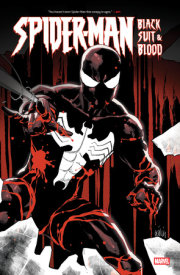
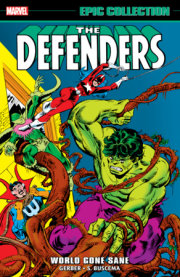
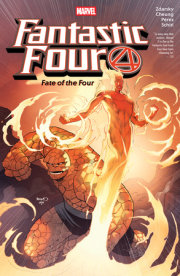
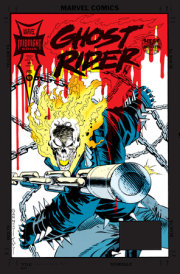
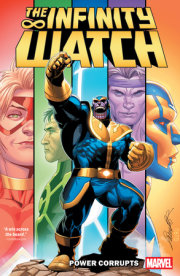
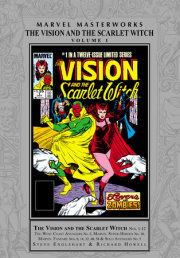
![MARVEL MASTERWORKS: VISION AND THE SCARLET WITCH VOL. 1 VARIANT [DM ONLY]](https://images.penguinrandomhouse.com/cover/9781302962227?width=180)
![PUNISHER BY RICK REMENDER OMNIBUS MIKE MCKONE COVER [NEW PRINTING]](https://images.penguinrandomhouse.com/cover/9781302963545?width=180)
![PUNISHER BY RICK REMENDER OMNIBUS DAN BRERETON [NEW PRINTING, DM ONLY]](https://images.penguinrandomhouse.com/cover/9781302963552?width=180)
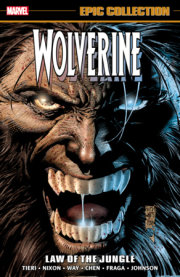
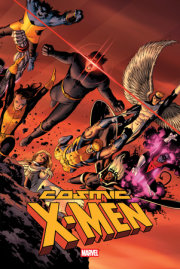
![COSMIC X-MEN OMNIBUS DAVE COCKRUM COVER [DM ONLY]](https://images.penguinrandomhouse.com/cover/9781302964283?width=180)
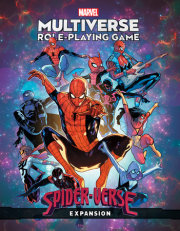
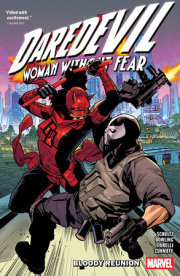
![STAR WARS LEGENDS: THE OLD REPUBLIC OMNIBUS VOL. 1 BRIAN CHING COVER [NEW PRINTI NG]](https://images.penguinrandomhouse.com/cover/9781302961282?width=180)
![STAR WARS LEGENDS: THE OLD REPUBLIC OMNIBUS VOL. 1 DUSTIN WEAVER COVER [NEW PRIN TING, DM ONLY]](https://images.penguinrandomhouse.com/cover/9781302961299?width=180)
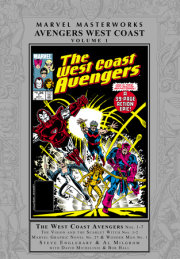
![MARVEL MASTERWORKS: AVENGERS WEST COAST VOL. 1 VARIANT [DM ONLY]](https://images.penguinrandomhouse.com/cover/9781302962203?width=180)
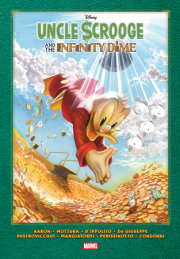
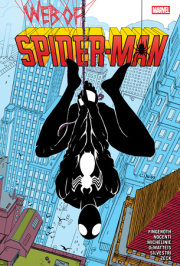
![WEB OF SPIDER-MAN OMNIBUS VOL. 1 MIKE ZECK COVER [DM ONLY]](https://images.penguinrandomhouse.com/cover/9781302963873?width=180)
![UNCLE SCROOGE AND THE INFINITY DIME GALLERY EDITION J. SCOTT CAMPBELL COVER [DM ONLY]](https://images.penguinrandomhouse.com/cover/9781302964146?width=180)
![WEB OF SPIDER-MAN OMNIBUS VOL. 1 GREG LAROCQUE COVER [DM ONLY]](https://images.penguinrandomhouse.com/cover/9781302964535?width=180)
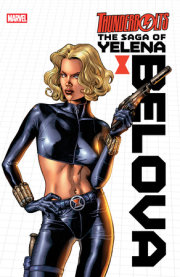

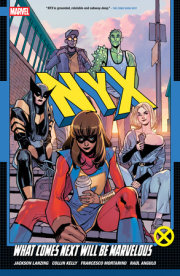
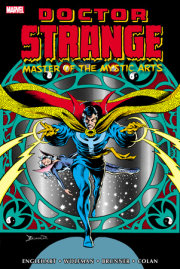
![DOCTOR STRANGE: MASTER OF THE MYSTIC ARTS OMNIBUS VOL. 1 FRANK BRUNNER FIRST ISSUE COVER [DM ONLY]](https://images.penguinrandomhouse.com/cover/9781302962180?width=180)
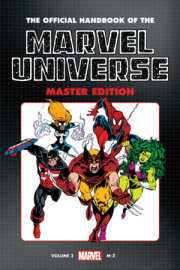
![OFFICIAL HANDBOOK OF THE MARVEL UNIVERSE: MASTER EDITION OMNIBUS VOL. 2 X-MEN COVER [DM ONLY]](https://images.penguinrandomhouse.com/cover/9781302963538?width=180)
![X-MEN: AGE OF APOCALYPSE VOL. 1 - ALPHA [NEW PRINTING 2]](https://images.penguinrandomhouse.com/cover/9781302963941?width=180)
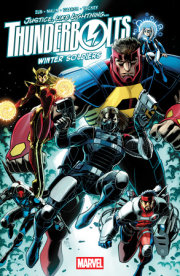

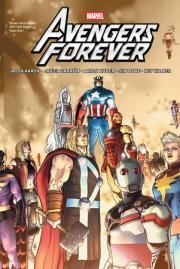
![AVENGERS FOREVER BY JASON AARON OMNIBUS PHIL JIMENEZ COVER [DM ONLY]](https://images.penguinrandomhouse.com/cover/9781302961138?width=180)

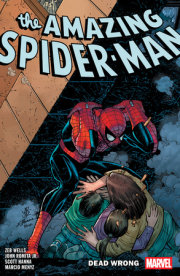
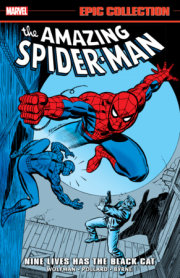
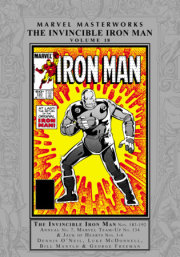
![MARVEL MASTERWORKS: THE INVINCIBLE IRON MAN VOL. 18 VARIANT [DM ONLY]](https://images.penguinrandomhouse.com/cover/9781302962166?width=180)
![X-MEN: FATAL ATTRACTIONS OMNIBUS JOHN ROMITA JR. COVER [NEW PRINTING]](https://images.penguinrandomhouse.com/cover/9781302963507?width=180)
![X-MEN: FATAL ATTRACTIONS OMNIBUS GREG CAPULLO COVER [NEW PRINTING, DM ONLY]](https://images.penguinrandomhouse.com/cover/9781302963514?width=180)
